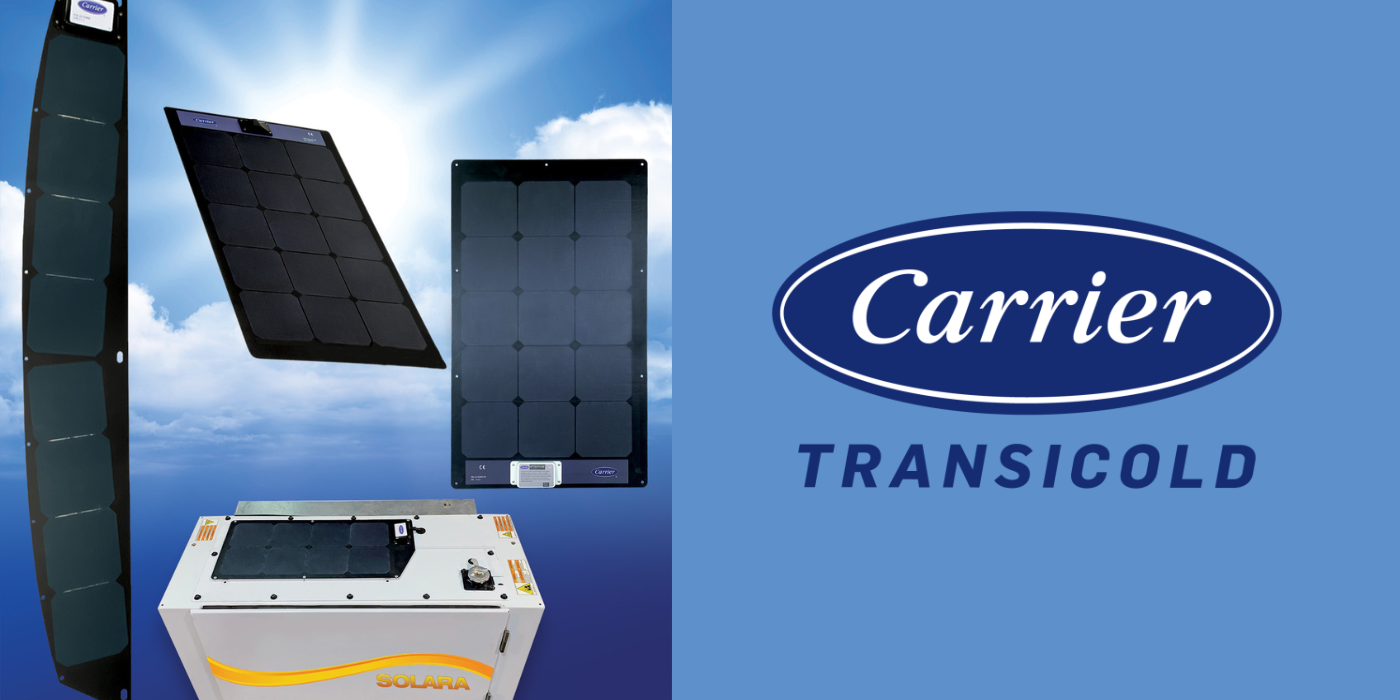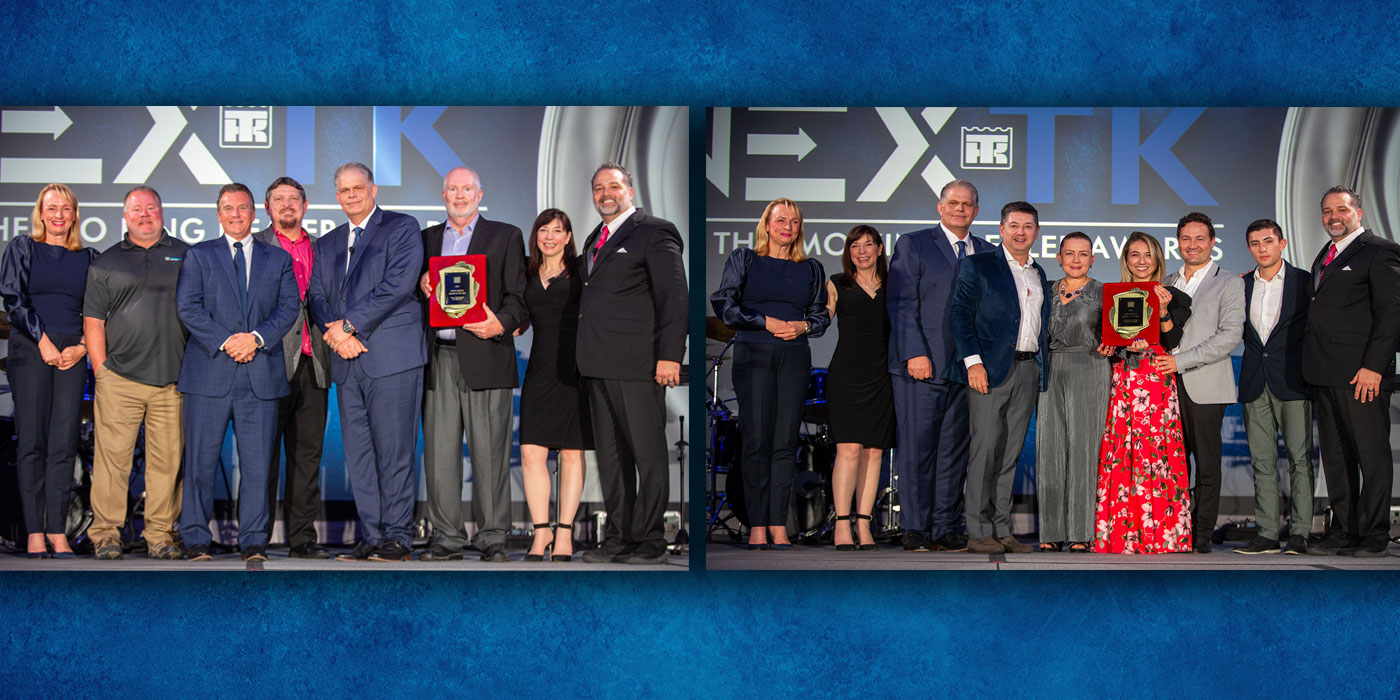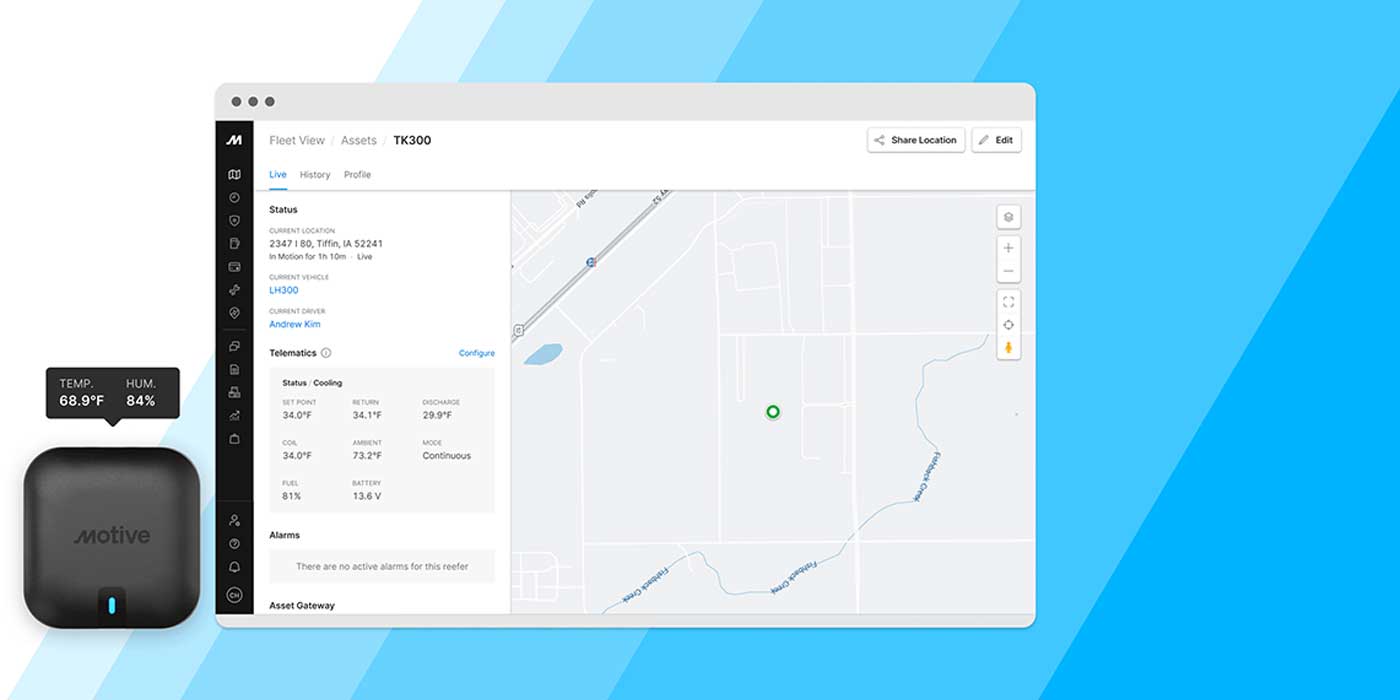It is not too early for operators of refrigerated truck and trailer fleets to begin considering how Environmental Protection Agency (EPA) Tier 4 Final emission standards will affect their operations and equipment budgets over the next several years.
The new EPA standards will take effect Jan. 1, 2013, for non-road engines in the less than 50-horsepower classification, which includes most transport refrigeration unit (TRU) diesel engines for refrigerated straight trucks and refrigerated trailers. The standards also cover diesel engines used in auxiliary power units (APUs) and diesel engine-powered cargo heaters.
According to Doug Lenz, director of product management for Thermo King, an Ingersoll Rand brand, “The new EPA regulations provide a strong incentive for the refrigerated transportation industry to speed the adoption of TRU engine technologies that will lead to better operational, financial and environmental performance over the long term.”
New regs require dramatic reductions in TRU emissions
For 25-HP or greater engines used in reefers, the regulations require reductions of as much as 90% in particulate matter (PM) and 30% in nitrogen oxide (NOx) emissions, compared to the interim standards that have applied since 2008. Smaller engines used in trucks, APUs and heaters will need to comply with new not-to-exceed (NTE) emission limits at elevations of 5,500 ft.; previous emissions standards were based on sea level testing results.
To meet the new standards, TRU engine manufacturers will need to begin using emission control technologies similar to those adopted by tractor-engine manufacturers in recent years. But while tractor-engine standards were implemented in three phases over a seven-year period, the new standards for TRU engines require the bulk of the emissions reductions all at once, which creates various challenges for engine manufacturers and fleet operators.
Lenz goes on to say that the new EPA requirements do not affect trucks and trailers currently in service, however other rules such as the California Air Resources Board (CARB) regulations require haulers operating in the state to replace or upgrade refrigeration units that are more than seven years old, unless strict electric standby protocols are maintained and documented.
Many operators have been able to comply with CARB requirements and avoid replacing their reefers by working with an original equipment manufacturer to update the TRU’s diesel engine or installing a diesel particulate filter, instead of replacing the whole unit.
Biggest impact on reefers and demand for trailers
Implementation of EPA Tier 4 Final emissions standards will have several effects on refrigerated fleet operators. Fleet operators need to consider the cost and availability of equipment as they make their buying plans for the 2012 budget year and beyond, according to Lenz.
The new regulations are one of several factors causing an increased demand for new refrigerated trailers. The Americas Commercial Transportation (ACT) Research group is forecasting a strong upswing in reefer sales, order backlogs and deliveries in 2012 compared to 2010. ACT Research projects that refrigerated trailer sales will exceed 40,000 units in 2012, up about 33% from 2010 levels.
Operators will also want to work closely with their manufacturing partners to forecast and schedule their new equipment orders over the next several years to ensure they have the equipment they need to achieve their business objectives and meet their customers’ needs.
With implementation of Tier 4 Final regulations less than two years away, these are busy times for both fleet operators and equipment manufacturers. Manufacturers are working to inform their customers and partners of new developments and help them prepare to meet the new regulations with minimum disruption to their operations.
EPA Tier 4 regs will impact reefer fleets in 2012 and 2013
Beginning in January 2013, new reefers must be available with Tier 4 Final-compliant TRU engines. Manufacturers are considering innovative engine designs that may incorporate a combination of electronic controls, turbochargers, catalytic converters, exhaust recirculation devices and diesel particulate filters to meet Tier 4 Final standards.
As 2013 approaches, manufacturers will have the flexibility to offer both Tier 4 Interim and Tier 4 Final solutions for a limited amount of time, to use existing inventories and phase in the final compliant solution.
Careful planning will help operators manage through the budget impact of switching to new-technology engines, which will likely be more expensive to acquire than noncompliant engines. Operators will no doubt recall that acquisition costs of tractor engines increased by between $5,000 and $10,000 in each of the three phases of EPA Tier 4 implementation as engines became more advanced and complex to comply with the more stringent regulations.
Manufacturers plan to leverage lessons learned during the implementation of new tractor engine standards to mitigate the effect that new emission technologies may have on TRU engine fuel economy and service intervals. Fleet operators may want to consider signing a long-term service agreement or outsourcing to make their service and maintenance costs more predictable.
Lenz notes, “Planning ahead, operators will also need to train drivers and technicians to operate and maintain the new refrigeration equipment, which will include new components, electronics and features not found on current systems. Most manufacturers are preparing to provide operator training for their customers and make maintenance resources available.”
Non-diesel solutions offer alternatives for fleets
Non-diesel technologies are also becoming more available. For example, for truck refrigeration systems, engineers are currently working on advances in refrigeration technology, including electric standby and lithium-ion battery innovations that will enable over-the-road hybrid electric systems. Hybrid electric systems, which provide electric power to the TRU from energy stored from the truck battery system, can reduce refrigeration unit fuel costs by up to 50%, Lenz points out.
Cryogenic-powered refrigeration systems promise the next major technological breakthrough that will deliver a wide range of benefits for haulers, including higher cooling capacity and faster recovery times. Cryogenic systems eliminate the diesel engine completely from the refrigeration system and use recaptured CO2 as the refrigerant.
“Preparing for the implementation of new EPA off-road emission standards puts yet another challenge on refrigerated fleet operators’ already full plate,” notes Lenz. “Working in partnership with a trusted, experienced equipment manufacturer can make the process of introducing new technologies easier, more efficient and less disruptive.”



